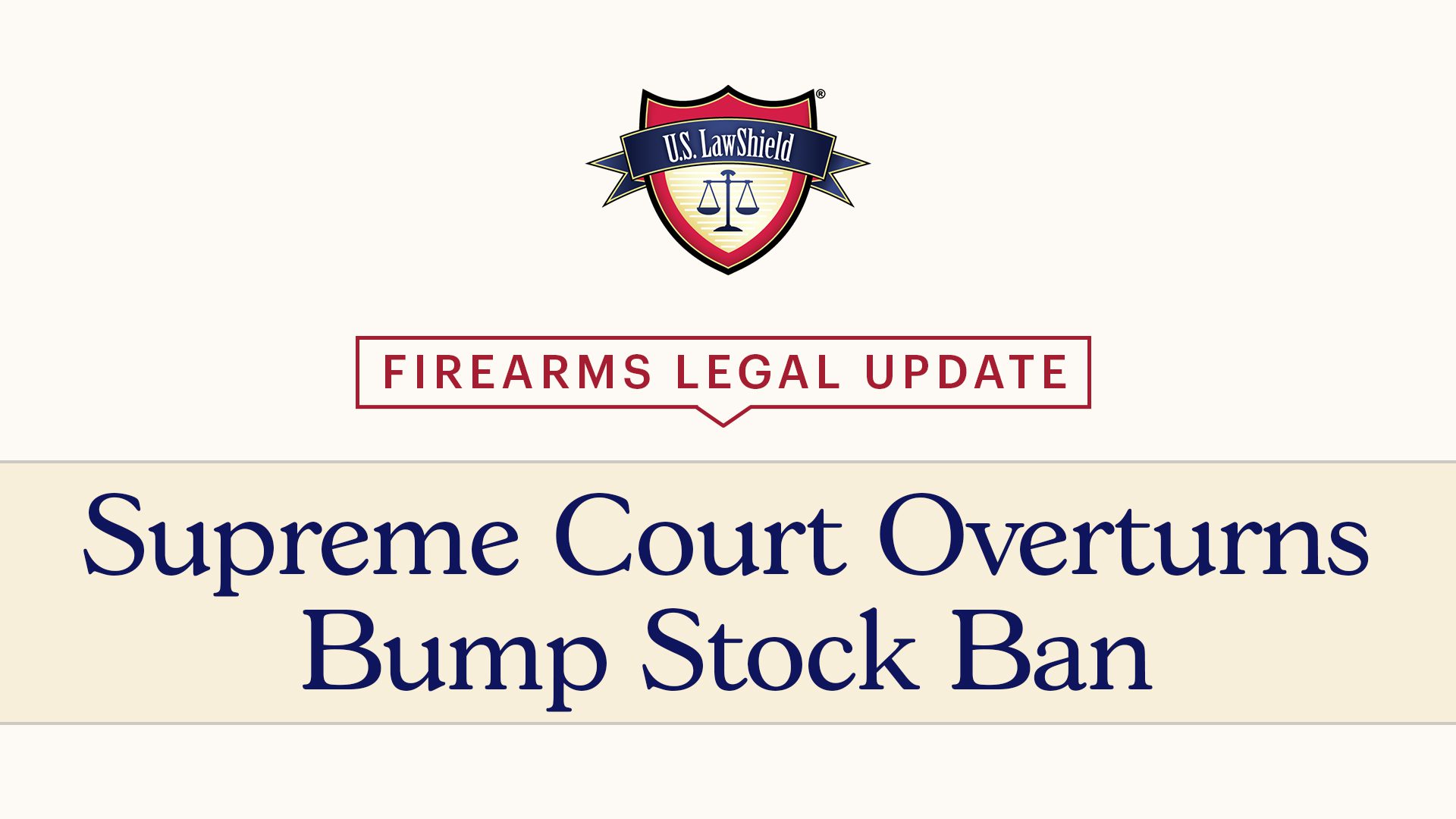Today I want to talk to you about the Castle Doctrine.
What is the “Castle Doctrine?”
Well, the “Castle Doctrine” has to do with whether or not you have a duty to retreat in your home. Now let’s distinguish Castle Doctrine from Stand Your Ground. Stand Your Ground is, “Do you have a duty to retreat outside your home?” New Jersey does not have Stand Your Ground laws, but New Jersey does have Castle Doctrine law. However, it has details that you need to understand.
Even though New Jersey has the Castle Doctrine, which means you do not have to retreat when inside your own home, there are certain rules that apply.
You cannot be the initial aggressor that caused the situation to take place. If you’re the initial aggressor, then a duty to retreat exists. Also, if you can retreat with complete safety, then again, you have the duty imposed because you could escape with complete safety.
If you are not the initial aggressor and you cannot escape by way of complete safety, then you do not have to retreat. Now, of course you have to maintain all the other rules of using deadly force; you have to be justified in your use of deadly force, and all the same concepts of self-defense still apply.
An Exception
Now, there’s a very interesting case called State vs. Gartland. In Gartland, the defendant was a woman who was a victim of domestic violence and she was attacked by a person who cohabitated with her. And one of the exceptions to the Castle Doctrine is that the need to retreat does apply if someone is a cohabitant or lives in the house with you. Then, in fact, you do have to retreat.
And in this case, even though this woman was a victim of domestic abuse, she still had a duty to retreat because it was a cohabitant. So, be aware of these rules.
The essence of New Jersey’s law is that under the Castle Doctrine, you do not have a duty to retreat.
If you have any more questions about the Castle Doctrine, feel free to call U.S. LawShield and ask to speak with your Independent Program Attorney.





The real question, with respect to the NJ castle doctrine, is that if you have “the duty to retreat if you can do so with complete safety.” What does that mean? If they come in the front door, then you have to go out the back door and allow them to pillage your property? You hear a noise in the night downstairs, do you have to jump out the window?
Home surrounded by molotov cocktail wielding rioters. Can’t retreat. Since they are not IN the home, what are legal ramifications? Cops are 15 minutes away.
I am a disabled Veteran and have Arthritis in all my joints. I’m not running anywhere fast, sometimes it’s even difficult to get to the bathroom. This is simple for me, come through my door or damage my home, you “will” be shot! I’ve made 200 yard shots in Vietnam right on target, and 25 yard shots with a hand gun. I am not nor can I run! What are they gonna do to me, put a disabled Vet in jail? Well, in this state I believe they would!!!
How about the legal doctrine that there is no man in any government by consent, position of public trust, that has any authority at all to impose statutory regulations on what I do in my home, on my land or regarding my safety in public? I have a right to defend myself & my property. That right is inalienable and inviolable and I don’t allow my public servants to impose regulations on my rights.
You can pretend the BAR Association’s statutory fantasy land is law all day long, it doesn’t make it so and it doesn’t get past the fact that any “act” of the legislature, repugnant to the constitution, is null & void. Marburry v Madison 5 US 137 (1802) US Supreme Court.
New Jersey politicians are just plain stupid and dumb. That’s what you get when you elect liberal democrats.
They are saying that your property is essentially shared by all… if someone wants to enter your house… you need to let them be. Retreat the backdoor. Defending your property is not what you need to do.
PLAIN STUPID NEW JERSEY!
I got totally screwed attorney wanted 15 stacks to talk. A verbal disagreement t started between his drunk friends in the mean time I was stabbed in lower left stomach with paraded knife pulling skin and meat out.As I retreat to car I tied my stomach up ,he continued to approach well by that time I was prepared and took it to him.ICU 3 WEEKS HE WAS IN BAD SHAPE. But the time they offered me was more than murders were getting. I got out of 85% because they knew they overcharged. I took a 4 and a 3 running wild.e
This is really useful for home buyers in New Jersey.
Thanks for reading!
Can’t shoot them in the back either.